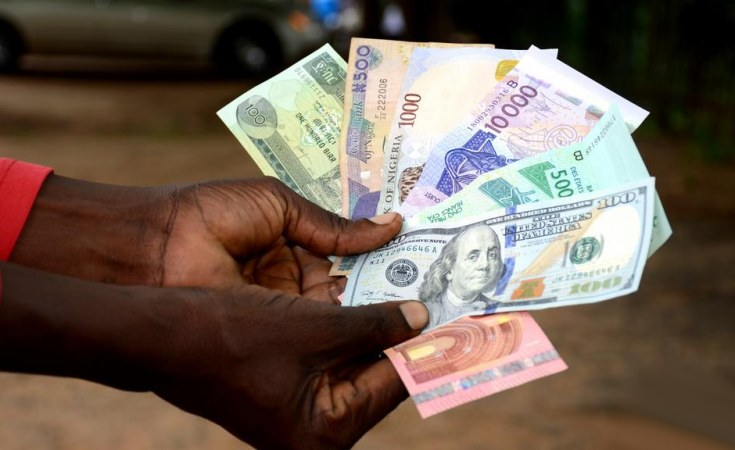Gambiaj.com – (BANJUL, The Gambia) – The Economic Community of West African States (ECOWAS) has officially entered a decisive phase in its long-standing effort to establish a single regional currency, the ECO, as it launched its 2025 Mid-Year Joint Statutory Meetings on August 4.
Held virtually and continuing through August 18, the high-level sessions bring together central bank governors, finance ministers, policy experts, and regional financial institutions to provide strategic direction for West Africa’s monetary integration.
The meetings are jointly organized by the ECOWAS Commission, the West African Monetary Agency (WAMA), the West African Monetary Institute (WAMI), and the West African Institute for Financial and Economic Management (WAIFEM).
Speaking recently in Banjul during a meeting with Gambian President Adama Barrow, ECOWAS Commission President Dr. Omar Alieu Touray confirmed 2027 as the official launch year for the ECO, ending years of speculation and delay.
“This time, we will proceed with those who are ready,” Dr. Touray said, signaling a shift from the previous requirement that all 15 member states meet the convergence criteria before adopting the currency. “Those who need more time will be supported.”
This strategic pivot toward “flexible convergence” is seen as a pragmatic move aimed at avoiding further bottlenecks and ensuring momentum toward the long-envisioned monetary union. Rather than waiting indefinitely, ECOWAS will move ahead with committed countries while helping others catch up.
The ECO is intended to replace national currencies across the region, boost intra-regional trade, stabilize exchange rates, and enhance economic growth and sovereignty. Its implementation would mark a watershed moment in Africa’s integration journey, positioning West Africa as a stronger and more independent economic bloc.
The 2025 meetings will focus on the 2024 ECOWAS Macroeconomic Convergence Report, progress on the ECOWAS Roadmap, inflation, exchange rate dynamics, regional financial market trends, ECOWAS Solidarity and Stabilization Fund performance, regional digital payment system development, and ECO launch preparations.
The meetings come amid mounting economic pressures globally, with high inflation and currency volatility affecting West African economies. Experts warn that such instability is threatening progress on regional convergence, reducing trade flows, and weakening purchasing power across several ECOWAS countries.
By aligning monetary and fiscal policies, the outcomes of the 2025 meetings are expected to shape national budgets and macroeconomic planning across the region for the rest of the year and beyond.
As the 2027 deadline approaches, ECOWAS leaders are signaling their determination to push through with the ECO, even if it means starting with a core group of countries. The current meetings are more than technical gatherings—they represent a political and economic turning point in the region’s integration ambitions.
Whether the ECO will launch with full participation or in stages, one thing is clear: West Africa is stepping boldly toward a future of deeper cooperation, greater economic sovereignty, and shared prosperity.










